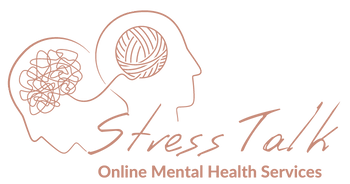Stress management encompasses an array of techniques, strategies, and tools designed to assist individuals in coping with stress. The objective of stress management can be both short-term and long-term, depending on the duration and nature of stressors present in one’s environment.
Types of Stress Factors
- Short-Term Stressors: These might involve imminent deadlines at work or time-bound projects that induce acute stress.
- Long-Term Stressors: Examples include persistent challenges in relationships leading to chronic stress.
Strategies for Stress Management
Effective stress management involves adopting a multifaceted approach aimed at optimising both mental and physical well-being. Incorporating healthy lifestyle habits such as quality sleep, a balanced diet, and regular physical activity can restore equilibrium within biological systems contributing to stress responses, like the nervous, immune, and endocrine systems.
Maintaining balance within these systems allows the body to replenish its resources during times of external pressure. A healthy body significantly contributes to robust mental health by fostering a symbiotic relationship between body and mind.
Other strategies, primarily focused on mental well-being, encompass techniques such as controlled breathing, visualisation exercises, meditation, mindfulness practices, progressive muscle relaxation, and yoga. These methods, when learned and practised under professional guidance, can be immensely beneficial.
Holistic Approach to Stress Management
Beyond relaxation techniques and healthy habits, a holistic approach to stress management involves cultivating robust social support networks, engaging in creative pursuits, and fostering a positive mindset.
Benefits of Stress Management Techniques
The primary goal of stress management techniques is to cultivate resilience against stressors. Through consistent practice, individuals can reduce reactivity to stress, improve emotional regulation, and efficiently navigate stressful situations.
Discovering the most effective techniques for your unique needs is key. What works for one person might not necessarily work for another. An open-minded approach to experimentation with different techniques is crucial. Additionally, conducting research provides scientific insights into how each technique impacts individuals.
Further Resources and Assistance
For those seeking additional materials on stress management and related topics, watch out for Stress Talk’s upcoming Resources page!
If you’re considering therapy to delve deeper into stress management, feel free to book an appointment here.
Stay updated and gain more insights by following Stress Talk on Instagram.

